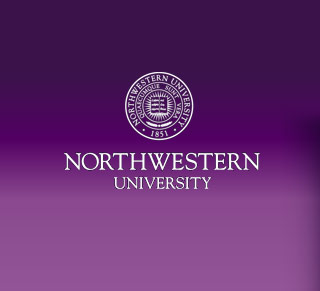
38 men with localized prostate cancer were comprised in a phase II randomized study. The participants were given a pill equipped with genistein everyday for a month before the surgery. As a result, beneficial effects of the natural chemical on prostate cancer cells were reported. It was noted that expression of genes were heightened by genistein in the cancer cells after surgery. This expression of genes may curb the invasion of cancer cells.
Another phase II study will be initiated for halting the cancer cells from moving out of the prostate and into the rest of the body. Raymond Bergan, M.D., the director of experimental therapeutics at the Lurie Cancer Center, a professor of hematology and oncology at Northwestern University Feinberg School of Medicine and a physician at Northwestern Memorial Hospital, and colleagues claim that in case the newly designed drug effectively stops prostate cancer from spreading a similar therapy will be introduced to treat the disease.
The study will be presented at the Ninth Annual American Association for Cancer Research Frontiers in Cancer Prevention Research Conference.
